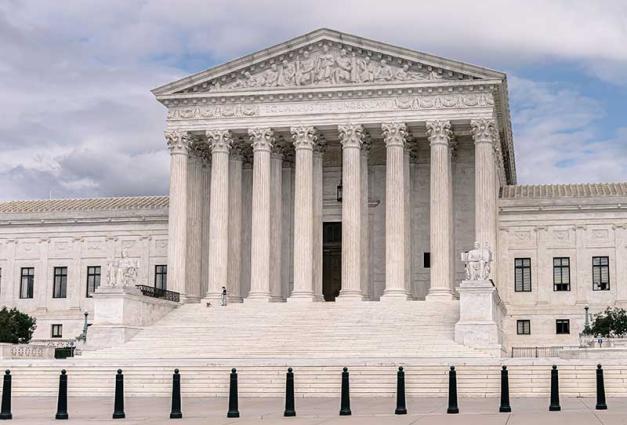SPSP Announces Findings on Equity, Inclusion, and Anti-Racism Efforts and the Annual Convention
SPSP is pleased to share an update on the progress of a pilot program designed to advance diversity, equity, inclusion, and anti-racism at our Annual Convention.
The initial two-year pilot program involved asking researchers submitting to the convention whether and how their presentation advances SPSP's goals of equity, inclusion, and anti-racism (EIA). The goal of collecting these statements was to highlight more inclusive scholarship and increase representation of researchers from historically excluded groups.
For the 2022 Annual Convention, SPSP collected the EIA statements but did not provide them to reviewers. For the 2023 Annual Convention, reviewers scored submissions on scientific merit and content and evaluated EIA statements separately from the other criteria. In both phases of the pilot, those making final decisions about programming read the statements and considered them when choosing submissions rated around the borderline in traditional scientific criteria (alongside other criteria such as increasing coverage of disciplinary areas with fewer submissions). Collecting EIA statements enables the convention planning team to adopt a more holistic review of each submission when creating the convention program.
Measuring Impact
Throughout this pilot program, SPSP has been measuring its impact and collecting feedback to inform our future decisions. Here are a few topline findings, as well as our plan for future conventions:
Key Takeaways
- The primary scientific metrics (strength and rigor of a submission, the degree to which it advances knowledge for the field, and overall submission ratings) were stronger predictors of acceptance than EIA scores.
- Submissions that scored higher on scientific metrics were also more likely to score higher on EIA.
- Statements were not used as a "litmus test"—submitters who indicated they did not contribute to EIA were not rejected at a higher rate than those who indicated they did contribute to EIA.
- Based on survey responses, submitters generally understood the statement instructions and found the statements somewhat easy to write. However, most were unsure about how the statement would be evaluated, worried it might bias submission acceptance, and would have liked examples.
Next Steps
Based on the findings of this report, we are making the following adjustments to this process:
- One year extension of the pilot program to determine whether to keep EIA statements in the submission process and, if so, how best to institutionalize the collection and review of the responses to the prompt in the future.
- Clarify instructions and make evaluation criteria transparent and easily accessible (e.g., adding a word limit, providing examples, offering answers to FAQ).
- Adding the term "diversity" to the submission question, making the prompt more applicable to researchers outside the United States where terms like "anti-racism" may be less applicable.
- Require statements only for submissions that authors indicate do advance DEIA goals.
SPSP is sharing these findings before we begin accepting submissions for the 2024 Annual Convention so there is a clear understanding of the role that diversity, equity, inclusion, and anti-racism play in the review process. The 2024 Call for Submissions will be open from June 8 – July 11.
We appreciate the support of SPSP's members and partners as we continue to search for ways to foster a more diverse, equitable, inclusive, and anti-racist field.
Sincerely,
The SPSP Executive Committee
Dolores Albarracin, President
Laura A. King, Past President
Cynthia Pickett, President-Elect
Camille Johnson, Secretary-Treasurer
Rachel Puffer, Executive Director
Natalie Shook, Convention Committee Chair
Jennifer Howell, Convention Committee Past Chair




